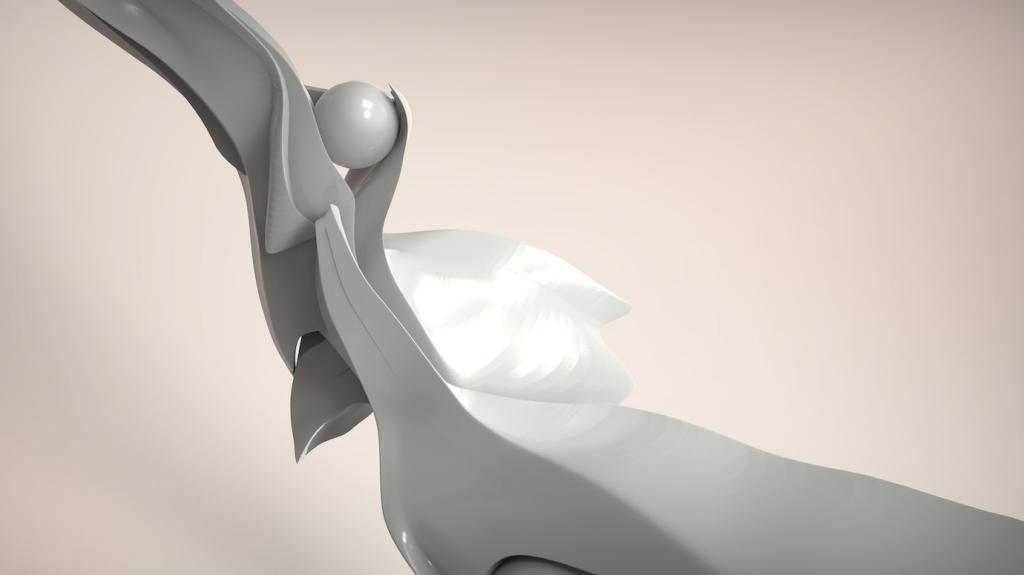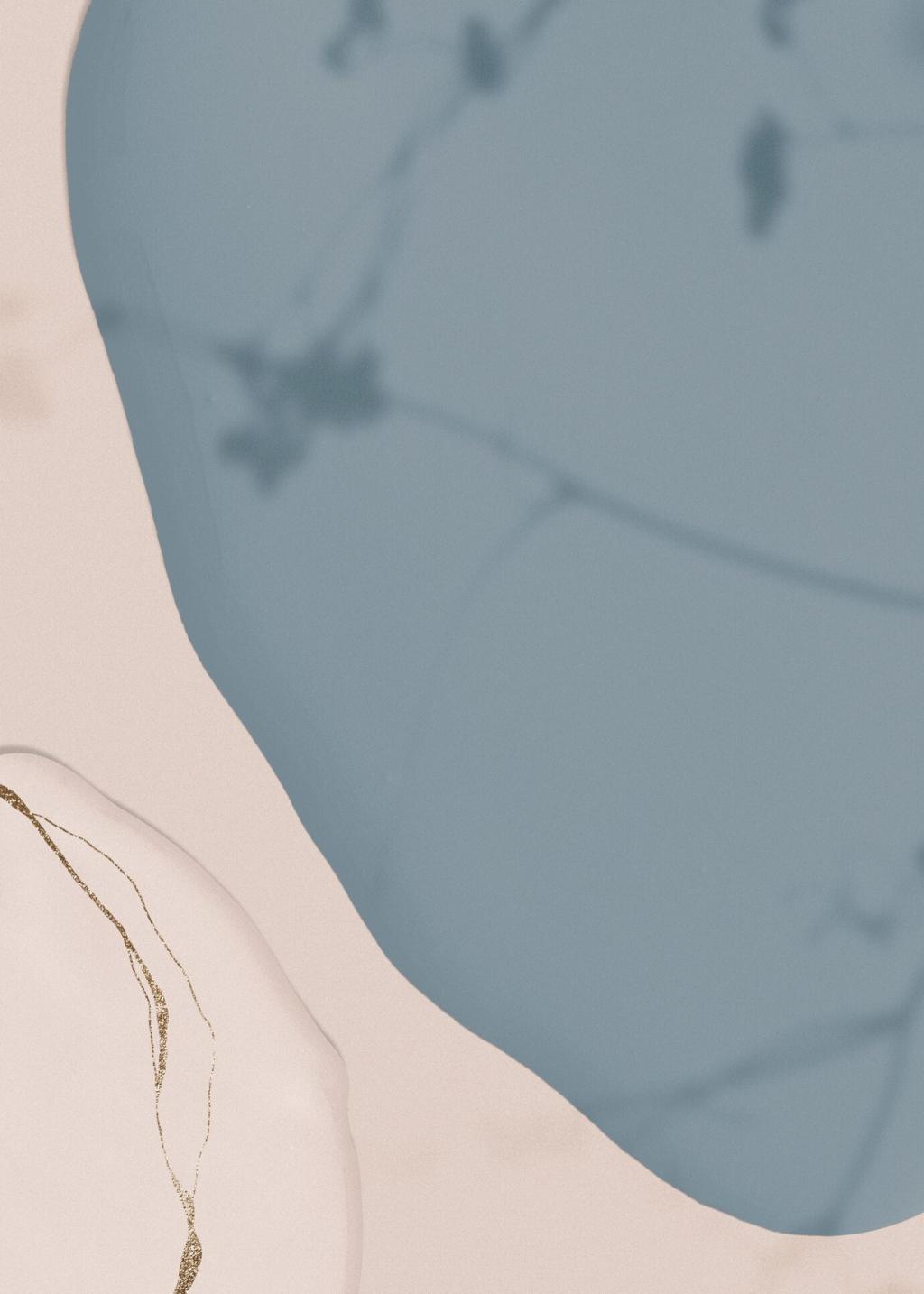Wardrobe Without Waste
Before buying, imagine wearing an item thirty times. If it passes, focus on fit, repairability, and timelessness. One reader swears by sturdy buttons and reinforced pockets; another keeps a simple style diary. Your wardrobe becomes a quiet chorus of favorites rather than a shout of maybes.
Wardrobe Without Waste
Build a capsule that suits your real days, not imagined parties. Choose local makers when possible to cut transport emissions and keep skills alive. Swap pieces with friends, then share photos of creative pairings. Intentional repetition can look elegant, modern, and unmistakably you.











